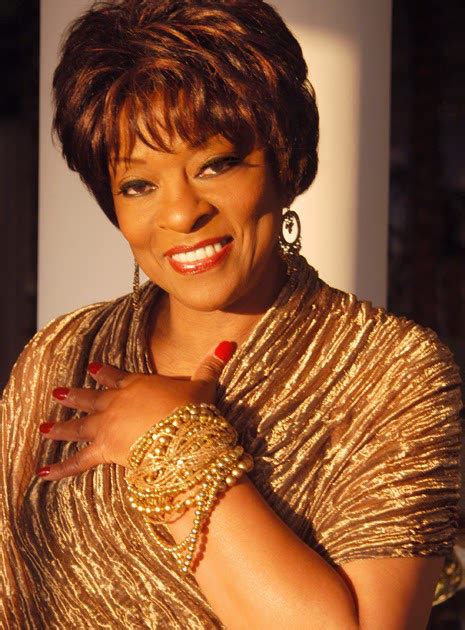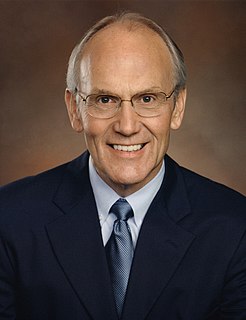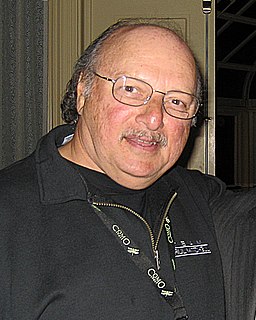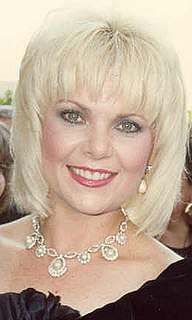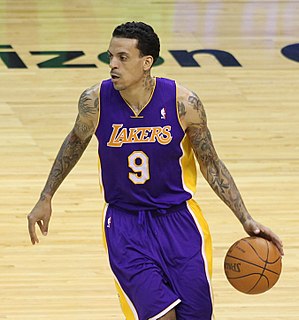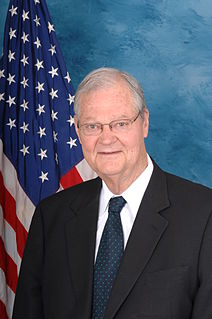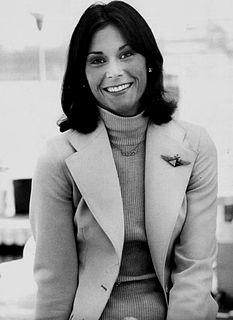A Quote by Thelma Jones
I wish that I knew the importance of having a regular mammogram, as early detection offers better treatment options and a better quality of life. I ignored the warning signs of the lump underneath my right arm when I discovered it in September 2006 and didn't seek medical attention until March 2007. By then, I was experiencing a late stage of breast cancer that forever changed my life.
Quote Topics
Arm
Attention
Better
Better Quality Of Life
Breast Cancer
Cancer
Changed
Changed My Life
Detection
Discovered
Early
Experiencing
Forever
Having
Ignored
Importance
Knew
Late
Life
Lump
March
Medical
My Life
Offers
Options
Quality
Quality Of Life
Regular
Right
Right Arm
Seek
September
Signs
Stage
Then
Treatment
Underneath
Until
Warning
Warning Signs
Wish
Related Quotes
In 1975, the respected British medical journal Lancet reported on a study which compared the effect on cancer patients of (1) a single chemotherapy, (2) multiple chemotherapy, and (3) no treatment at all. No treatment 'proved a significantly better policy for patients' survival and for quality of remaining life.'
For any woman reading this, I hope it helps you to know you have options. I want to encourage every woman, especially if you have a family history of breast or ovarian cancer, to seek out the information and medical experts who can help you through this aspect of your life, and to make your own informed choices.
My breast cancer was caught very early thanks to my doctor a wonderful woman named Elsie Giogi, who just recently passed away after practicing medicine into her 80's. At the time, she had suggested I go for a baseline mammogram before age 40 because I had fibrocystic breasts. The mammogram discovered a tiny tumor, and it was so small that they were able to take it out very easily. I had a lumpectomy. Unfortunately, they did miss a little of the cancer, and two years later I had a mastectomy. But hey, I'm here, I'm alive, and I'm going to live to be 100!
To hell with your cancer. I've been living with cancer for the better part of a year. Right from the start, it's a death sentence. That's what they keep telling me. Well, guess what? Every life comes with a death sentence, so every few months I come in here for my regular scan, knowing full well that one of these times - hell, maybe even today - I'm gonna hear some bad news. But until then, who's in charge? Me. That's how I live my life.
One of life's best coping mechanisms is to know the difference between an inconvenience and a problem. If you break your neck, if you have nothing to eat, if your house is on fire, then you’ve got a problem. Everything else is an inconvenience. Life is inconvenient. Life is lumpy. A lump in the oatmeal, a lump in the throat and a lump in the breast are not the same kind of lump. One needs to learn the difference.
